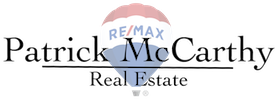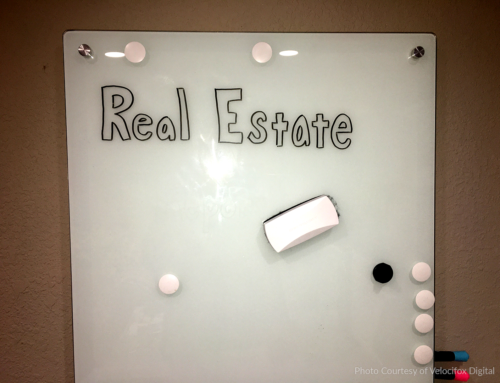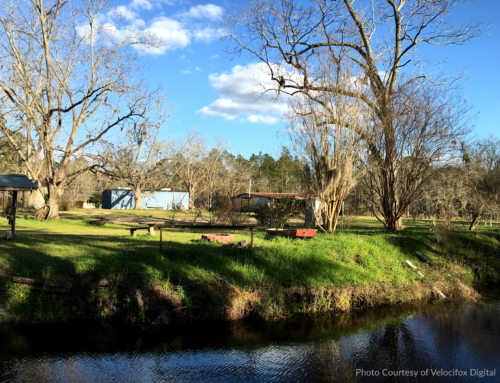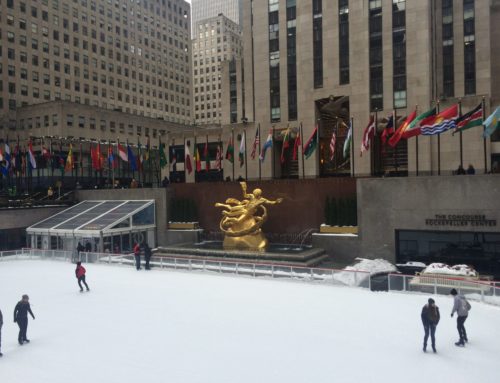Since the U.S. economic recession of 2008, we’ve been living in an environment of historically low interest rates. Now, however, as the economy continues its upward movement in its recovery, there is talk of the Fed raising interest rates again.
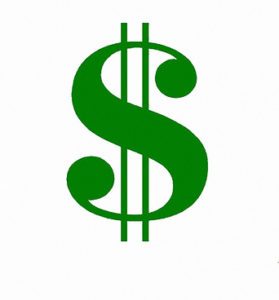 If the current increase in interest rates does occur, this would actually mark the third such interest rate hike since the financial crisis – which could in effect, increase short-term lending by approximately 0.25%.
If the current increase in interest rates does occur, this would actually mark the third such interest rate hike since the financial crisis – which could in effect, increase short-term lending by approximately 0.25%.
Should this be the case, who is likely to feel the effects the most?
According to the New York Times, the first to feel the impact would be those who are carrying credit card balances. In fact, based on information from CNBC, the next increase in rates could cumulatively cost consumers roughly $1.6 billion in just credit card interest alone.
For those who are in retirement, or who soon will be, this increase in interest rates is not likely to provide a significant raise in what is received from “safe” money harbors, such as bank savings accounts, money markets, and even certificates of deposit.
But what about those who are in the market for a new home? In this case, banks and lenders do tend to raise interest rates more quickly on borrowing than they do on deposits. So, it is possible that mortgage borrowers can see a slight blip if not already locked into a particular rate – and because of that, depending on the amount that is being borrowed, it could, in turn, have an effect on the amount of the monthly payment.
With this in mind, if you are considering the purchase of a new home in the near future, and you have not already done so, you may want to think about locking in now. Otherwise, even a seemingly minimal increase in payment can have long-term effects over a 30-year period of time.
Considering making a move soon? If so, we can help. Contact Us for more information on available homes, as well as more details on the estimated value of your current property.
